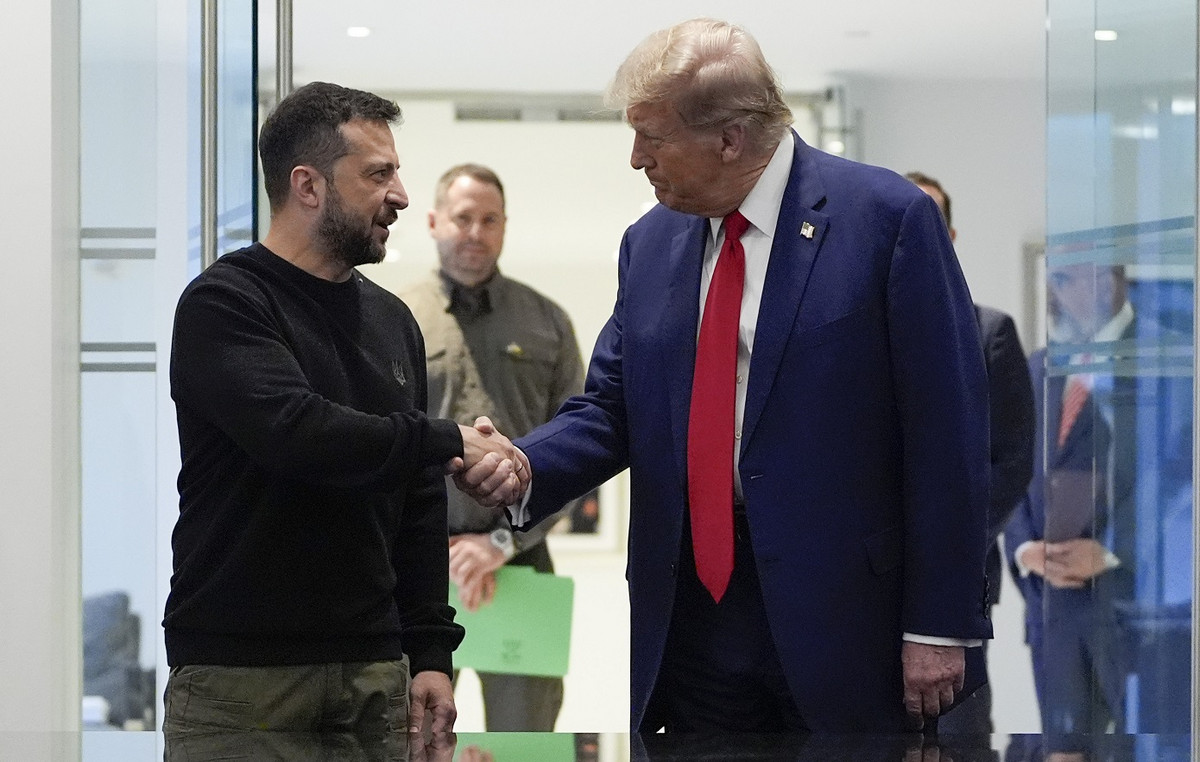On March 11, 2020, the World Health Organization (WHO) declared a pandemic situation due to the global scope of the impacts caused by Covid-19.
At the time, director-general Tedros Adhanom pointed out that the world recorded more than 118,000 cases and 4,291 deaths in 114 countries. The latest epidemiological bulletin released by the WHO reports that as of November 6, 629 million confirmed cases and 6.5 million deaths have been reported worldwide.
With the advancement of vaccination against the disease, there was a relaxation of prevention measures, with the resumption of services and major events, in addition to the withdrawal of the mandatory use of masks. In the current epidemiological scenario, the question arises: when will the pandemic end?
An article published in Nature magazine presents a list of 57 recommendations drawn from expert consensus to end the public health threat caused by Covid-19. The work was developed by a panel composed of 386 scientists from 112 countries.
Led by the Institute of Global Health in Barcelona (ISGlobal), the study has the participation of ten Brazilian scientists, five from the Oswaldo Cruz Foundation (Fiocruz).
The guidelines highlight the importance of developing effective communication, strengthening health systems, emphasizing vaccination, promoting preventive measures, expanding treatments and combating inequalities.
Persistent and dangerous threat
Scientists list a number of factors that make Covid-19 remain a persistent and dangerous threat. In addition to the cases and deaths in the world, the SARS-CoV-2 virus has also hampered the care of other diseases. Another challenge is the impacts caused by the long Covid.
The researchers point out that the virus accumulates mutations over time, which may cause it to eventually escape the immune response provoked by vaccines and previous infections.
One of the most recent variants is BQ.1, a substrain of BA.5, from Ômicron, which carries mutations at important points in the virus. The WHO points out that the strain has already been detected in at least 65 countries, including Brazil, and has a prevalence of 9%.
“Despite remarkable scientific and medical advances, the world’s response to Covid-19 has been hampered by broader political, social and behavioral factors such as misinformation, hesitancy to vaccinate, inconsistent global coordination and uneven distribution of equipment, vaccines and treatments. ”, say the scientists.
highlights
Among the recommendations with the highest degree of consensus among experts are actions that involve societies and governments in dealing with the pandemic. As far as immunization is concerned, there is the adoption of a “vaccines plus” approach, which employs public health measures and financial support to complement vaccination. From a communication point of view, there are suggestions for improving strategies to rebuild public trust and involve communities in managing responses.
The panel of experts included several areas of knowledge, in addition to geographic diversity and the participation of academic professionals, health institutions, governments, non-governmental organizations and others.
Based on a specific methodology, the declarations and recommendations were submitted to several evaluation rounds until reaching a high degree of consensus. Of the 57 recommendations, 51 had 95% or more approval and only six had a divergence greater than 5%.
In addition to the recommendations, the article brings 41 statements that express consensus on the current state and the challenges in facing the pandemic.
“The resulting consensus statements and recommendations can serve as a solid basis for decision-making to end Covid-19 as a public health threat and allow for a more durable resumption of social, cultural, religious, political, health activities. , economic and educational, with less burden on vulnerable populations”, they say.

The recommendations were divided into six areas:
1 – Area: Health Systems
Recommendation: Pandemic response preparedness and planning should take a whole-of-society approach that includes multiple disciplines, sectors, and actors (e.g., business, civil society, engineering, faith communities, mathematical modeling, military, media, and psychology ).
2 – Area: Communication
Recommendation: Community leaders, scientific experts and public health authorities should collaborate to develop public health messages that build and increase individual and community trust and use preferred means of access and communication for different populations.
3 – Area: Prevention
Recommendation: All countries should adopt a “vaccines plus” approach, which includes a combination of Covid-19 vaccination, prevention measures, treatment and financial incentives.
4 – Area: Pandemic Inequities
Recommendation: Pandemic preparedness and response should address pre-existing social and health inequities.
5 – Area: Communication
Recommendation: Public health authorities should partner with trusted individuals and organizations in their communities to provide accurate and accessible information about the pandemic and inform behavior changes.
6 – Area: Vaccination
Recommendation: Governmental, philanthropic and industry funding should include a focus on developing vaccines that provide lasting protection against multiple variants of SARS-CoV-2.
7 – Area: Communication
Recommendation: Public health professionals and authorities should proactively combat false information based on clear, direct, and culturally responsive messages, free of unnecessary scientific jargon.
8 – Area: Health Systems
Recommendation: Preparedness and response strategies should adopt whole-of-government approaches (eg, multi-ministerial coordination) to identify, review, and address resilience in health systems.
9 – Area: Pandemic Inequities
Recommendation: Global trade and health organizations should coordinate with countries to negotiate the transfer of technologies that allow manufacturers in low- and middle-income countries to develop quality-assured and affordable vaccines, tests, and therapeutics.
10 – Area: Treatment and care
Recommendation: Promote multisectoral collaboration to accelerate the development of new therapies for all stages of Covid-19 (e.g. outpatient, inpatient and long-term Covid).
(With information from Maíra Menezes, from Instituto Oswaldo Cruz)
Source: CNN Brasil
I am an experienced journalist and writer with a career in the news industry. My focus is on covering Top News stories for World Stock Market, where I provide comprehensive analysis and commentary on markets around the world. I have expertise in writing both long-form articles and shorter pieces that deliver timely, relevant updates to readers.







